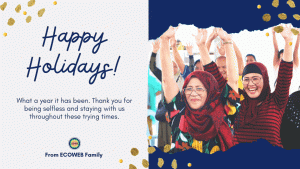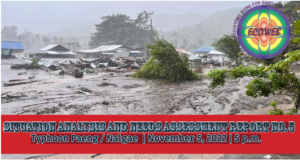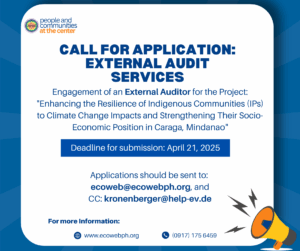Lack of access to clean and potable water affects the condition of people not just in their everyday need but also with their sanitation. Water, as vital to human survival, has been a problem in the Philippines since there are areas which are barely reached by the water system. The scarcity of this resource is traced by both man-made activities like urbanization and deforestation, and natural phenomena like climate change and disasters.
The Philippines has over 105 million population count wherein seven million rely on unsustainable and unsafe water supply. Moreover, 24 million of this entirety lack access to improved sanitation. Water system is one of the severe problems faced by the country aside from pandemic. The population gets out of hand as the rapid state of urbanization compromises the country’s struggle to provide residents with enough clean and safe water supply.
In this time of pandemic, strengthening water security is a key for building resiliency and combating spiking case around the world. COVID-19 is just one of the global problems that laid bare the immediate call for water security. Potential future pandemics are quite possible to happen due to different outbreaks carried by climate change, and to some extent, human activities.
With the aligned efforts of concerned actors around the world, the United Nations-Water published “The Sustainable Development Goal 6 Global Acceleration Framework” which urges the unification of the international community in boosting progress towards the attainment of SGD 6 targets and its year 2030 agenda.
One of the action pillars of this framework is to enable engagement with all stakeholders and target communities within the country. Local authorities, vulnerable sectors and civil society will build up the framework to a community-centered approach.
Most of the guiding principles of the framework such as vulnerable prioritization, inclusivity, conflict sensitivity, and gender equality are of the same nature to ECOWEB’s principles, values, and the Survivor and Community-Led Response (sclr) approach.
The sclr approach has seen the importance reaching areas that have low access to basic water supply and sanitation. Parts of these are the public areas where numerous people are accessing essential goods, and some are for convergence.
This was made possible through a joint project of ECOWEB and CORDAID, “Preventing Transmission of COVID-19 and Increasing Resilience of Vulnerable Communities to Impact of Community Quarantine”. This purpose-driven project helps communities emancipate from lack of safe water and sanitation that bear negatively to the health of locals.
Project components under water security are the provision of portable hand-washing facility, family water storage, and infographic materials. The provision of aforementioned commodities has reached five provinces in the country namely, Lanao del Norte, Lanao del Sur, Agusan del Sur, Rizal, and Metro Manila.
Portable Handwashing Facility
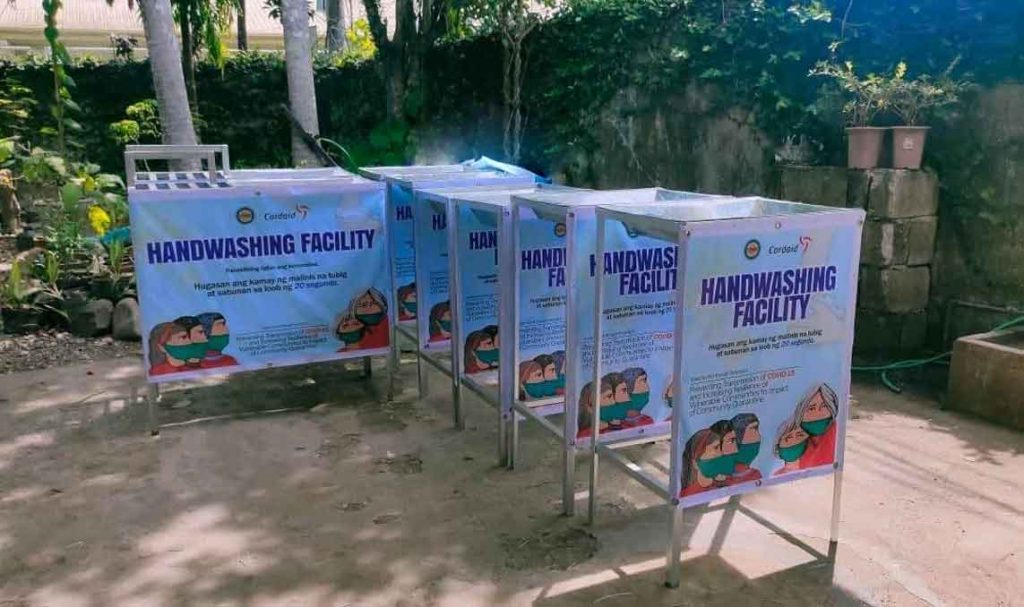
Portable hand-washing facilities were distributed to the following: 9 were installed in 5 different schools, 1 each of 2 barangay halls, 1 community market, and 1 in ECOWEB office, which sums up to 13 facilities in Iligan City benefited by an estimated 10,000 people; Binangonan, Rizal has 3 installed facilities in different barangay halls, catering approximately 8,000 people; 2 barangay halls, and 1 in Save Mindanao Volunteers (SMVI) office, which make up the 3 installed facilities in Butuan City benefited by an estimated 7,000 people; 1 each of 2 markets, 2 installed in a school, and 2 are in the city hall of Marawi City, Lanao del Sur, benefited by approximately 3,000 people. In total, there were 25 facilities installed in the said areas of the country. The facility in package form includes anti-bacterial hand soaps (liquid and bar soaps), portable sink and 200-liter drum.
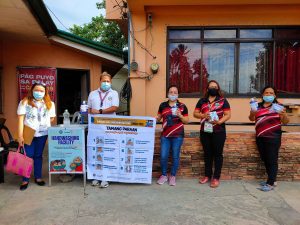
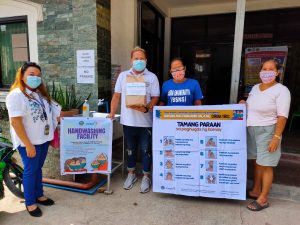
Marawi is a city abundant of vegetables, root crops, fruits, herbs and spices, and lake fishes. Markets are present anywhere since most of the people have something to sell, and basically, where they source out their family income. Since the virus outbreak, market authority has seen the declining number of customers every day, fearing that it poses a threat to the economy and livelihood of market vendors.
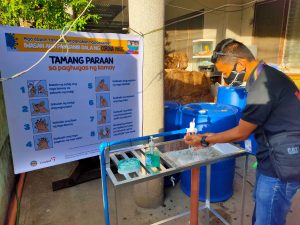
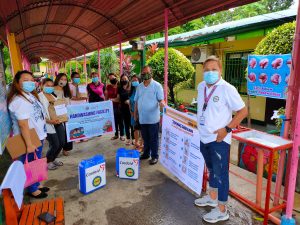
Through the provision of the hand-washing facility, there is an increase in the number of market customers and local consumers. This can be inferred that the facility signifies cleanliness among people present in the area. Kouzbary Salic, 44 years old and market president of Loksadatu Public Market, Barangay Loksadatu, Marawi City, shared:
“The hand-washing facility is a great help to our customers and local producers. Through this facility, they are obliged to follow the health protocols set by the government particularly on frequent hand-washing. This facility helped us to show to the city government that we are complying to the health protocols and support their effort in safeguarding the people and residents from the virus.”
Roughly over 28,000 people are using the facilities in its designated area. It can be inferred that more people will benefit those since in today’s time, hand-washing is extremely important as it is a first line defense against the spreading of COVID-19 virus.
Behind the success of installation shows the creativity, capacity, and innovation of both volunteers and community in crafting their own facility model. Sclr leverages entitlement of both forces to come up an idea using limited resources, water connection availability, and the setting of where it will be installed. Each of the stakeholders in different places has shown great designs and was consulted to the project team for the funding. The plan turned out to be successful showing sturdy and well-planned portable hand-washing facilities.
Family Water Storage
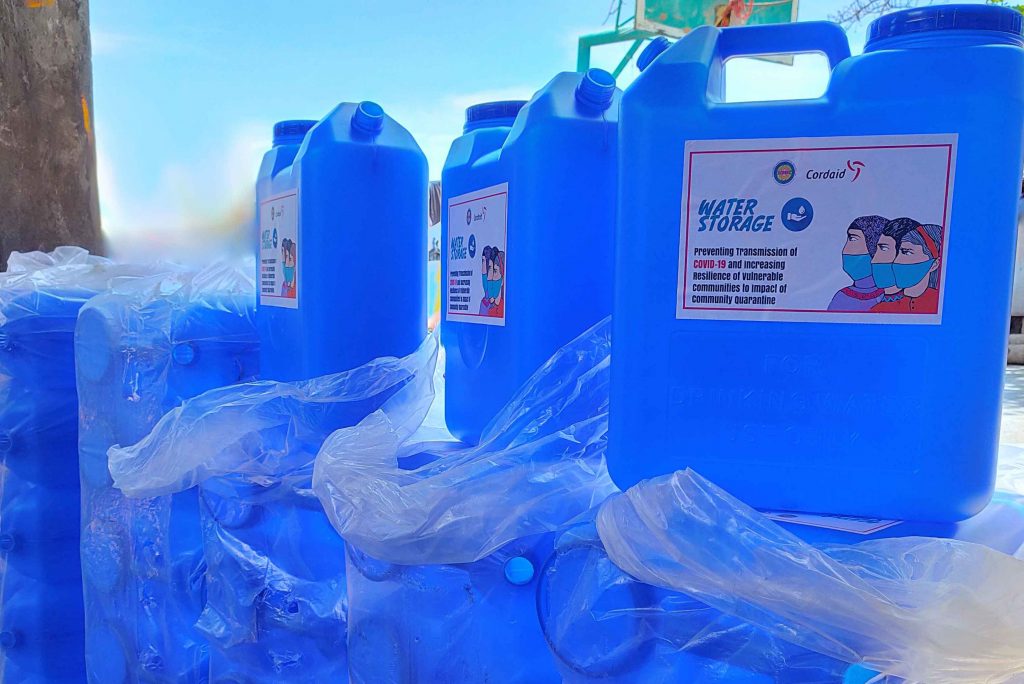
Numerous barangays in Iligan City have been facing water disconnections and intermittent water source flow. Areas belonging to the remote part of barangays are struggling to ask and lobby for water connection as solutions were quite inconsistent to provide clean and adequate water supply. Plans eventually withered causing intermittent water supply, and sometimes, not even a single drop reaches people. Thus, the situation tremendously affects daily living of people from chores to well-being. This problem has been a struggle to the family of Norman Amodia, a 52-year old resident of Iligan City, as he said:
“In our area, we are only given an hour or two of water flow coming from an industrial plant. The water quality is not potable, not even safe to use to cook rice. We have been asking for the provision of clean and potable water. I was born in this area, now a 52-year old resident, and was never given the opportunity to enjoy a safe water supply.”
In this time of virus influx, water security must be advanced to all households which receive little or nothing at all, water source at home and in their community. Water helps people maintain good health and a clean body.
This COVID-19 response project aims to deliver water storage in the form of a 20-liter jerry can, right to the community with low access to water. Along is the distribution of info-graphic materials like leaflets and tarpaulin containing information about and prevention of COVID-19, including basic hand-washing protocols.
“What the project has provided us is so useful for the convenience of the family. We have been using it to store our drinking water [bottled water] bought from a refilling station. My younger brother is so glad that buying and transporting water from store to household are now convenient.” Amodia added.
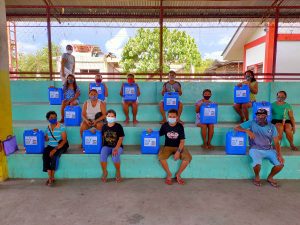
The project has covered 10 barangays in Iligan City and each has a corresponding number of targeted households as identified by their community volunteer. The ratio is, one household is to one water storage.
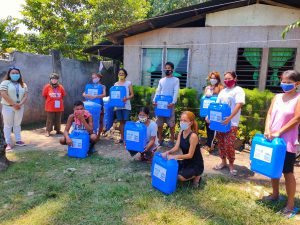
The following shows the distribution summary; Barangay Tubod has 30, Santiago has 25, Buru-un has 30, Tipanoy has 25, Bagong Silang has 6, Ab
uno has 12, Upper Hinaplanon has 30, Upper Tominobo has 7, Suarez has 25, and Dalipuga has 30. This makes a total of 220 household beneficiaries. Difference in number of beneficiaries in each barangay was planned thoroughly by community volunteers and project team maximizing available resources together with the vulnerable-first category.
Through the community volunteers, the identification of family beneficiaries was made easier. They were endorsed to planning-to-identification assessment orientation to better identify deserving households. The project team made sure that the volunteers are on track and are safe by providing their needs in conducting leg work.
Jennifer Armenio, a 23-year old resident of Upper Hinaplanon expressed her happiness with the project.
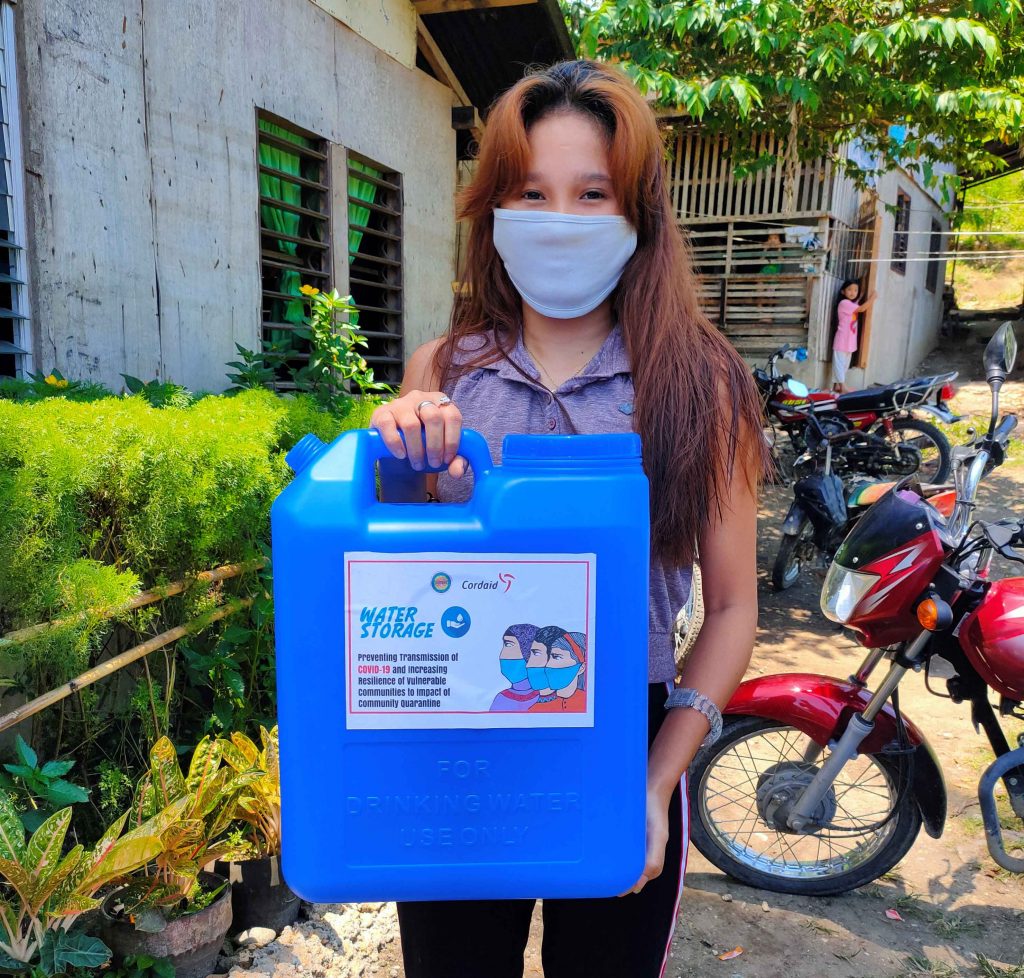
The scope was not only limited to households but it also extended to some schools and halls in barangays. In barangay Upper Tominobo, Iligan City, a day care center received water storage. Even though all classes were suspended, teacher Ging Genelazo is so thankful for such help to their area considering that the road to the considered hinterland barangay is narrow and barely accessible by public transportation.
“Water unavailability is the most pressing problem in this area. The water connection we get is from stream which sometimes is affected by weather and climate conditions. The container is now in the day care center. It would be so much useful when classes resume for maintaining the cleanliness specifically on the handwashing of students.”
CORDAID once again has proved their compassion to achieve a progressive world advancing human security through sustainable and lasting solutions to fragile people in poverty and are affected by natural disasters. This compassion resembles the principles and values of ECOWEB. Strengthening local capacities to lead and be part of the decision-making result into a purpose-driven application of theories and mere plans. Localization, at its purpose, commits to ensuring that the community alone can enjoy the benefit of free-will and just processes.
This pandemic has forced us to shift from a usual lifestyle to a complicated landscape. It further complicates people’s health and social relationships. COVID-19 may have let flow of what is more or less to us. Thus, it geared people to look at themselves and to one another as helping each as strength comes in greater number.

